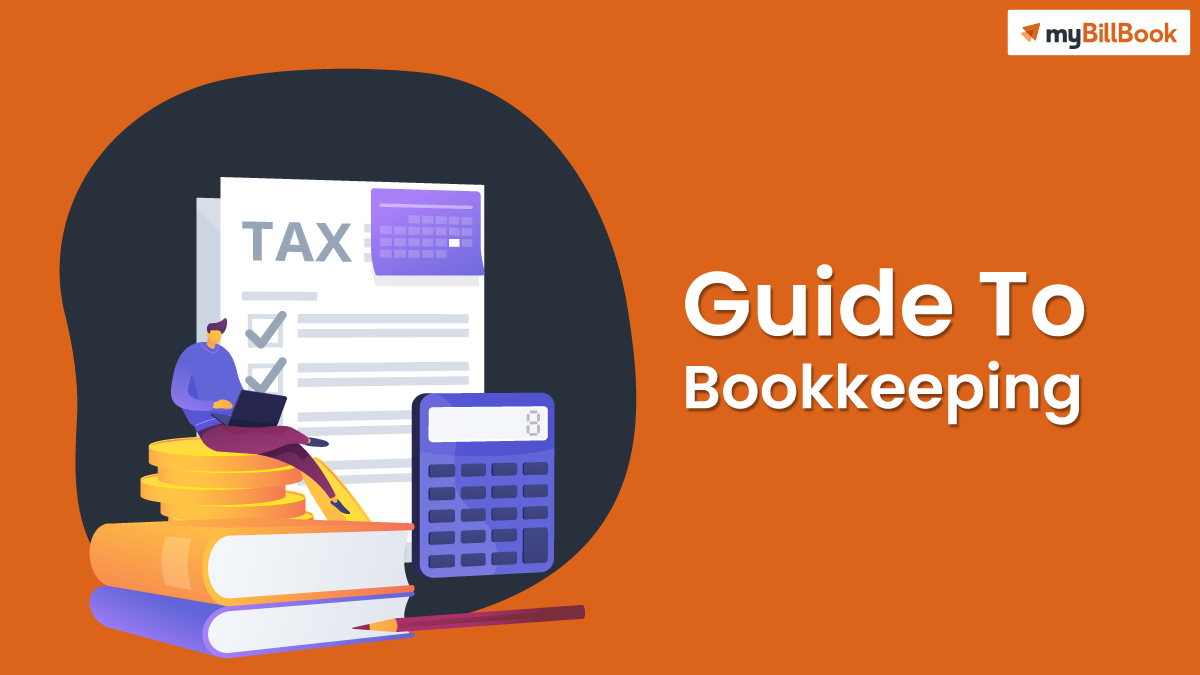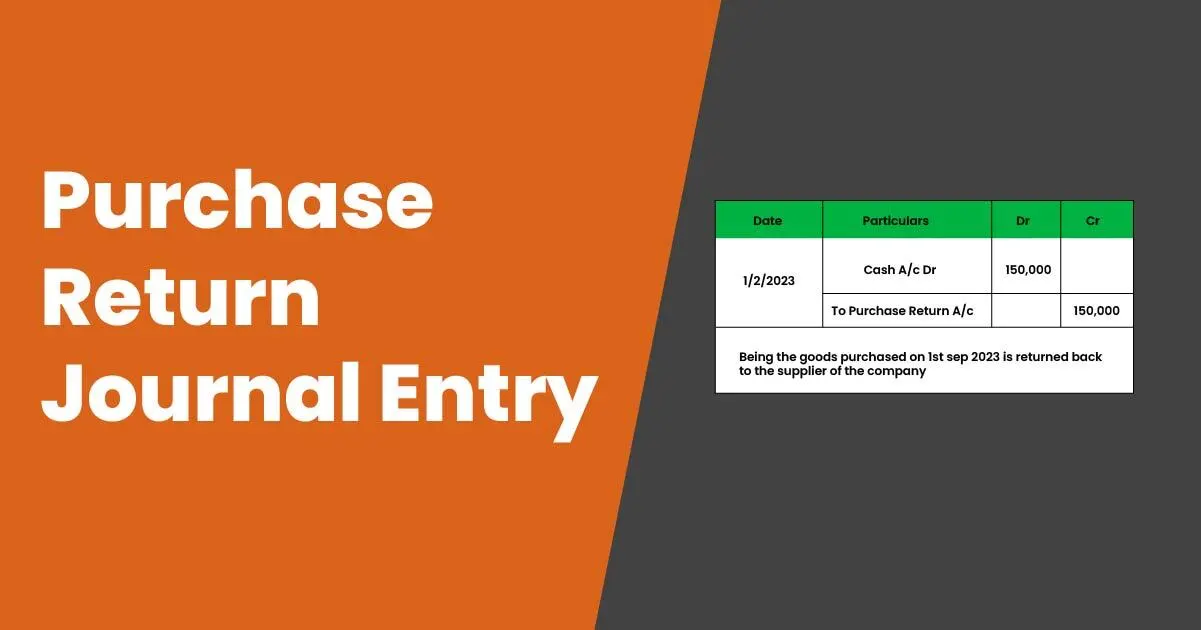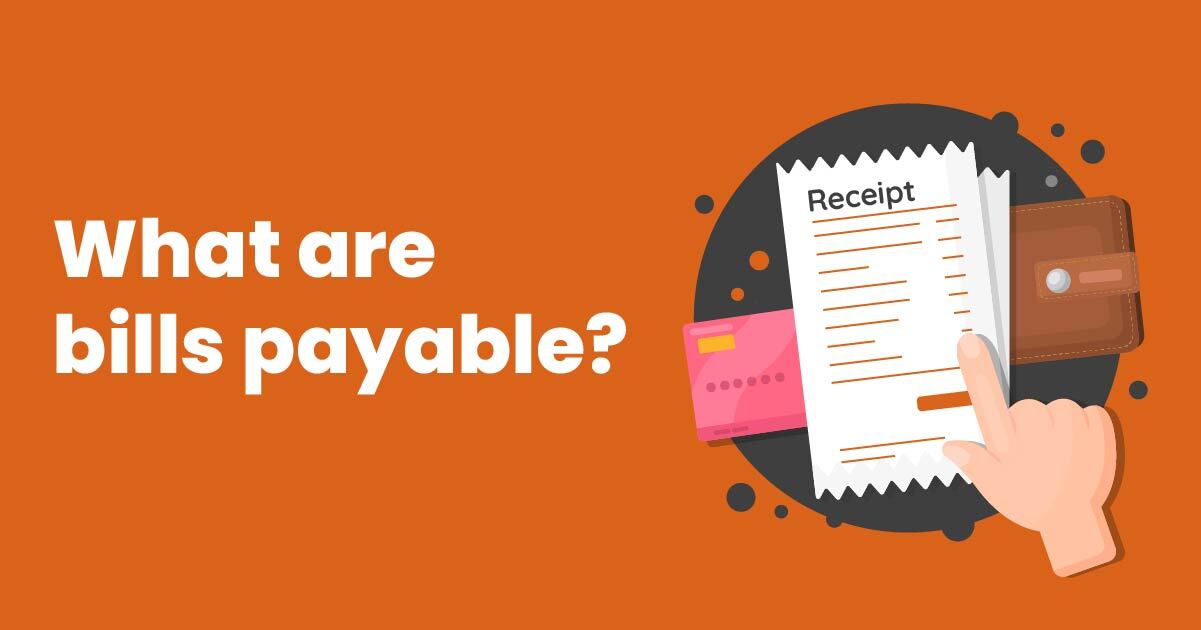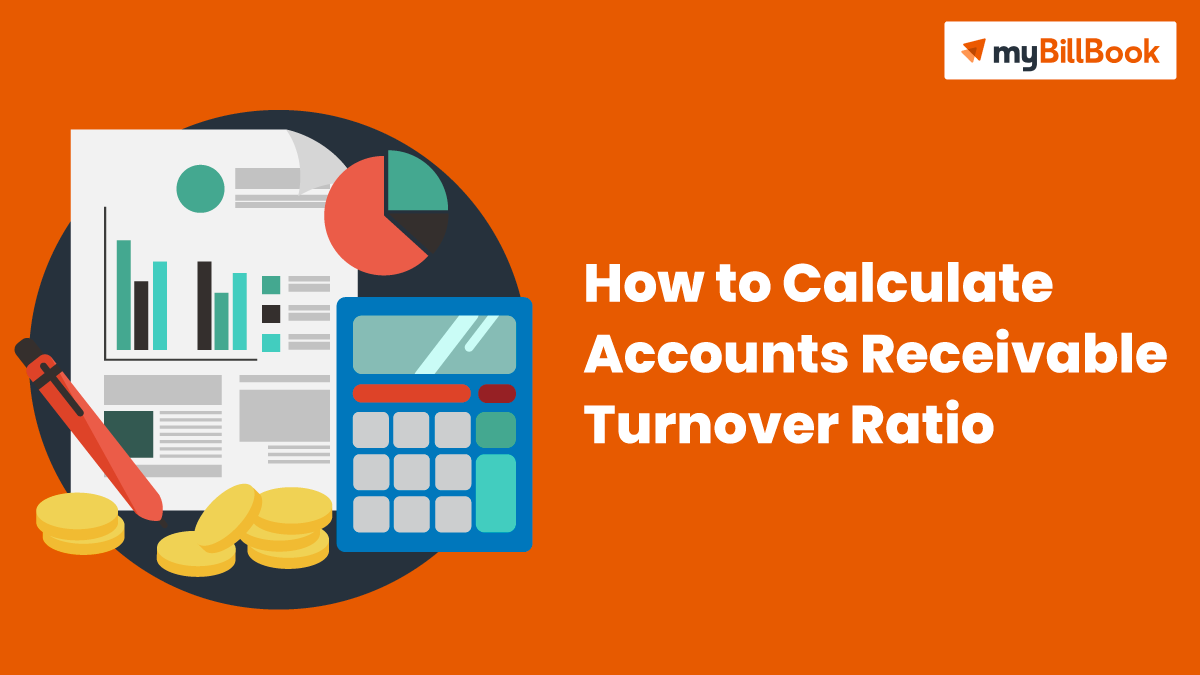Regardless of size, every business thrives on the systematic recording of its day-to-day financial transactions. Small business bookkeeping provides small enterprises with a simple and convenient way to track all information, further influencing critical decisions of the business concerning finances, investments, and operations. Bookkeeping is essential for any company to gauge its current financial standing and regular transactions.
But what exactly does small business bookkeeping entail?
Let’s understand this in detail.
What is Bookkeeping?
In a business firm, bookkeeping refers to the process of keeping a record of every financial transaction that takes place within the business every day. A bookkeeping ledger can be a manual one where a bookkeeper makes regular entries in pen and paper or Microsoft Excel, or it can be a specialised bookkeeping software where a computer program does the task of the bookkeeper.
Regardless of the mode of record-keeping, bookkeeping is supported by relevant documentation such as invoices, receipts, purchase orders, or other similar financial records to prove that a transaction has taken place. Comprehensive and up-to-date bookkeeping is essential for the business’ internal stakeholders and external parties such as investors and financial institutions. Hence, accuracy is crucial to the process.
Bookkeeping vs Accounting: How are they different?
Speaking of small business bookkeeping, the terms ‘bookkeeping’ and ‘accounting’ are often used interchangeably. While both are incredibly vital for the business, there is a fundamental difference between the two.
Bookkeeping is simply the day-to-day tracking and recording of a business’s financial transactions. On the other hand, business accounting involves interpreting, classification, analysing, and reporting financial data. While small business bookkeeping merely provides information on the daily financial transactions, accounting is a more intensive process, the outcome of which lets management make crucial business decisions.
In other words, bookkeeping focuses on keeping a proper and organised record of financial transactions, whereas accounting analyses a company’s financial situation and communicates it to the relevant stakeholders. Read more about bookkeeping vs accounting.
Types of Bookkeeping
There are two most commonly used methods of bookkeeping – single-entry and double-entry systems.
- Single-entry bookkeeping system: As the name suggests, single-entry bookkeeping involves recording one entry for each financial transaction. It is one of the most basic bookkeeping systems that a business might use for recording daily receipts or generating a daily/weekly report of the cash flow. This system works best for smaller enterprises that deal with a low volume of financial transactions.
- Double-entry bookkeeping: In contrast to the previous system, double-entry bookkeeping requires double entries for each financial activity. For each debit entry, the double-entry bookkeeping system records a corresponding credit entry and provides checks and balances. In contrast to the single-entry system that enters transactions with every bill paid and deposits made, the double-entry system is not cash-based, and transactions are only recorded when revenue is earned or debt is incurred. The double-entry bookkeeping system is ideal for large and complex companies.
Both the above bookkeeping systems have their unique pros and cons. Business owners must choose one that best suits their scale and goals.
Features of Bookkeeping
Small business bookkeeping includes the following main features and objectives:
- Complete and permanent financial recording of the business: Bookkeeping provides the systematic recording of financial transactions as they occur and identifies financial transactions from a large number of daily business proceedings.
- Identifying profit and loss: Small business bookkeeping is essential to know whether your business is running on a net profit or loss. Bookkeeping offers a clear profit and loss statement of the company and facilitates subsequent action.
- Indication of the current financial health of the business: Assessing the financial position of a business doesn’t end at the profit and loss statement – it extends to the balance sheet, which details the balance of expenditure and income of a business. Without accurate bookkeeping, preparing a balance sheet is practically impossible.
How does myBillBook help in small business bookkeeping?
Small business bookkeeping can be a tedious process if done manually. There always remains a possibility that a manual bookkeeper will make errors that could result in disastrous consequences for your business. With myBillBook billing and stock inventory software, bookkeeping gets as easy and hassle-free as it could be!
Here’s how myBillBook makes bookkeeping efficient for small businesses:
- Manage your accounts easily: With myBillBook, you can seamlessly manage your accounts payable and accounts receivable, as well as record all business transactions such as sales, purchases, quotations, and returns.
- Collect payments faster: myBillBook offers a digital collection of payments via UPI and lets you send payment reminders to parties to ease the task of bookkeeping.
- Organise your complete stock inventory: Using myBillBook, you can easily upload the entire stock inventory after choosing from a list of more than one lakh items spanning across pharma, FMCG, and electronics. You can link other accounting apps such as Vyapar, Marg, and Tally to myBillBook and manage your inventory and bookkeeping in one place.
- Get comprehensive business reports: In addition to the above functionalities, myBillBook offers more than ten different types of business reports to help you analyse and manage your business. Reports include sales summaries, party statements, profit and loss reports, expense transaction reports, GST reports, and many more.
Why should you use myBillBook for small business bookkeeping?
myBillBook offers perks like no other. Here’s why you should choose myBillBook over the rest:
- It is a free bookkeeping software: myBillBook software is free to use, and most of its services like GST billing, invoicing, inventory management, etc., come at absolutely no cost.
- It is for all business types: You can avail of bookkeeping and other services on myBillBook regardless of your industry and business type (distributor/trader/wholesaler/retailer/stockist).
- It is 100% safe and secure: While using myBillBook, you need not stress about security. The software is completely safe and secure with sophisticated encryption technology in place.
- It generates comprehensive business reports: myBillBook not only offers easy accounting but also reinforces your business function with valuable reports. Do you need a quick and instant profit and loss report or a sales summary? myBillBook is at your disposal!
- It offers easy data sync and backup: With myBillBook, you will never lose your data because all your information gets automatically backed up and synced across all your devices (computer, smartphone, and tablet). In addition, you can quickly transfer data from your other accounting apps to myBillBook.
- It offers bookkeeping on the go: myBillBook has a robust mobile app, which means that you can access your books anytime and anywhere with only a few clicks.
- It is a smart option that saves time and effort: Maintaining a bookkeeping book manually requires a lot of time, energy, and of course, human resources. So, when technology provides an easy way out, why take the rough terrain? myBillBook is a smart, convenient, and economical way to get your small business bookkeeping done accurately and effortlessly.







